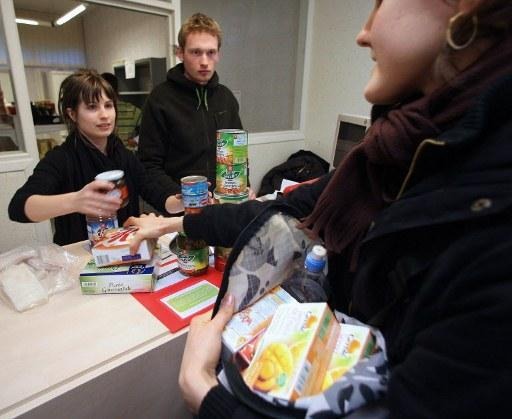If there is no change in policy, Belgium will not be in position to meet targets to reduce poverty and social exclusion, which it is committed to reaching by 2018 and 2030 respectively.
This is according to the projection of the Federal Planning Bureau, completed on the basis of information available through to July 2016.
In 2008, the population exposed to the risk of poverty and social exclusion was 2.194 million people. It increased to 2.336 million in 2015, or 21.1% of the population.
The projection predicts a slight reduction to 2.232 million in 2018. Yet, as part of the Europe 2020 strategy, Belgium has aimed its sights at 1.814 million people by that year.
Moreover, the government recently committed, within the framework of the Sustainable Development Objectives (SDOs), to reduce by at least half this population's contribution in this sphere.
For Belgium, this would mean that the targeted proportion should not exceed 10.6%, or 1.262 million people. However, per the projections, the target group should reach 16.1%, or 1.930 million people, by 2030.
This slight tendency is explained by the future anticipated reduction of the share of pensioners with an income below at-risk-of-poverty thresholds, as part of the overall population and by the decline in long-term unemployment.
The public interest organisation stresses this. An individual runs the risk of poverty or social exclusion when they are faced with one of the following factors:
1. has a below average standard of living;
2. experiences difficulties integrating into the labour market; or
3. cannot afford goods or services necessary to function within society.
The Brussels Times

